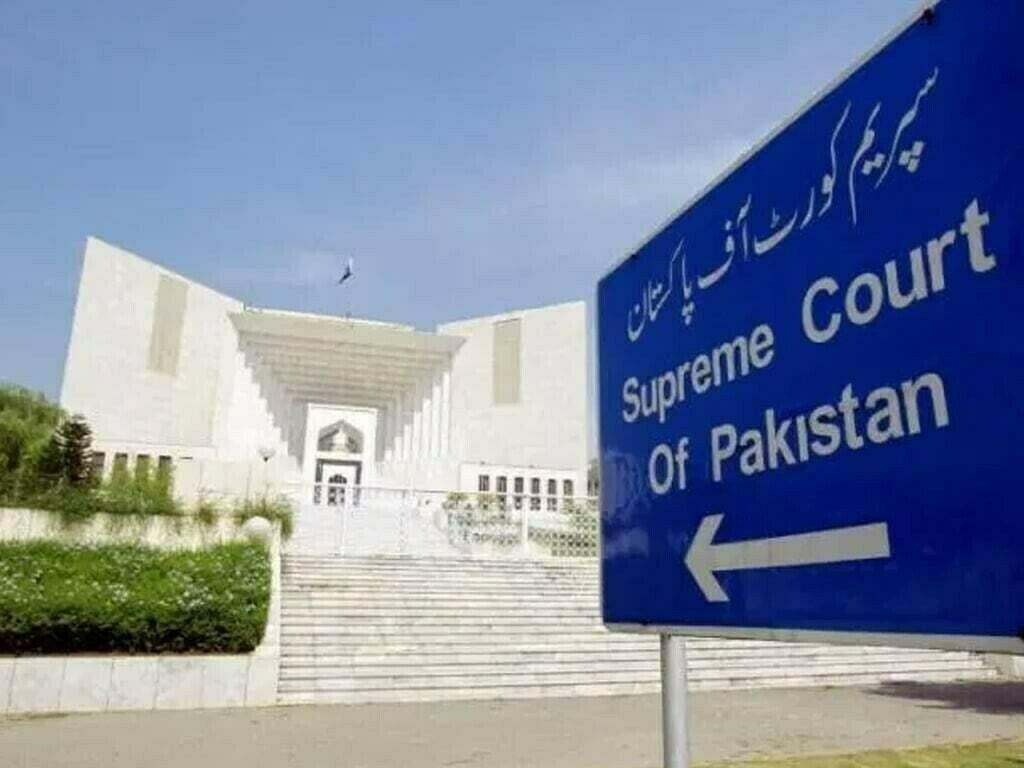A petition seeking an order to compel elected independent candidates to join a political party within three days of receiving official notification of their victory has been submitted to the Supreme Court.
Two days after the general elections, which the unofficial results indicate have given independent candidates backed by the PTI a clear majority so far in the National, Punjab, and Khyber Pakhtunkhwa assemblies, the petition was lodged.
Advocate Moulvi Iqbal Haider submitted the application on Saturday, arguing that serving as an independent member of the national or provincial assemblies would be unjust, unlawful, in violation of the constitution, and in opposition to the parliamentary system of government.
It is noteworthy that Mr. Haider has a history of frequent litigation and was previously prohibited from submitting petitions to the Supreme Court. Chief Justice Athar Minallah of the IHC at the time imposed a £100,000 fine on him in 2022 for filing a meritless petition demanding the prosecution of former prime minister Imran Khan and others in connection with the disclosure of the cypher contents.
Mr. Haider emphasised in the new petition that approximately 17,816 candidates ran in the general election on 8 February, of which 11,785 ran as independents.
Invoking Article 51 of the Constitution, the petitioner pleaded with the court to declare that assembly members elected as independent candidates are incompetent to participate in the process of reserved seat allocation unless they join a political party.
Urgent Plea for Political Alignment
The article in question delineates the process by which the number of seats in the National Assembly is ascertained, as well as the operations of the chamber.
It is recommended that the Election Commission of Pakistan (ECP) issue a declaration declaring seats won by independent members vacant if they fail to affiliate with a political party within the designated timeframe. Additionally, the petition requested that the ECP issue notifications to successful independent candidates instructing them to join a political party within three days, as well as notify members who subsequently join a party.
The petition contended that the Constitution contains no provision allowing independent members to form the government if they fail to affiliate with a political party within the specified three-day timeframe.
As a result, “significant concern exists regarding the potential occurrence of a constitutional crisis” that could cause significant disruption to the democratic system.
Mr. Haider asserts that a “constitutional crisis” is imminent if independent candidates do not align themselves with a political party, as this would render them exempt from the provisions outlined in Article 63-A.
The procedure for disqualifying an assembly member who violates party policy is outlined in the aforementioned article.
The petitioner argued that independent members in positions of government formation might be permitted to vote in the elections for the speaker and prime minister “by dictating their own terms and conditions to the political parties.” In addition to “dictating terms” during the enactment of laws and threatening to initiate a motion of no confidence against the incumbent prime minister, the members will “take advantage” of their position.





